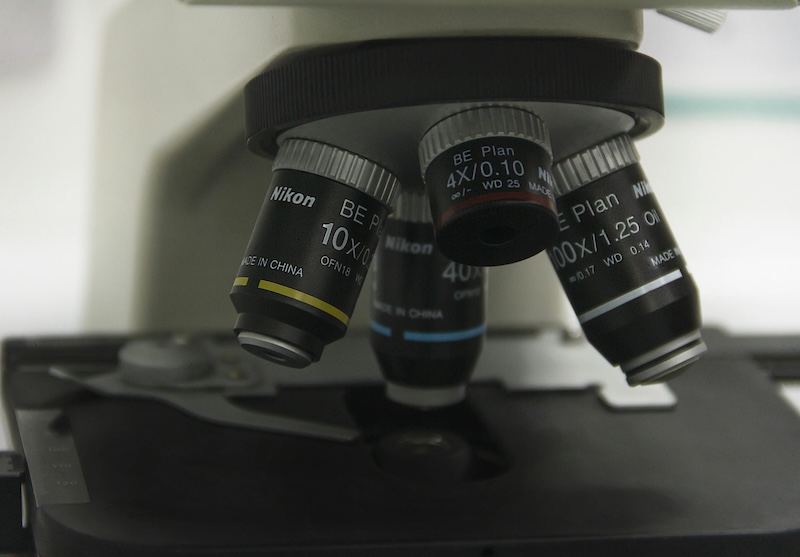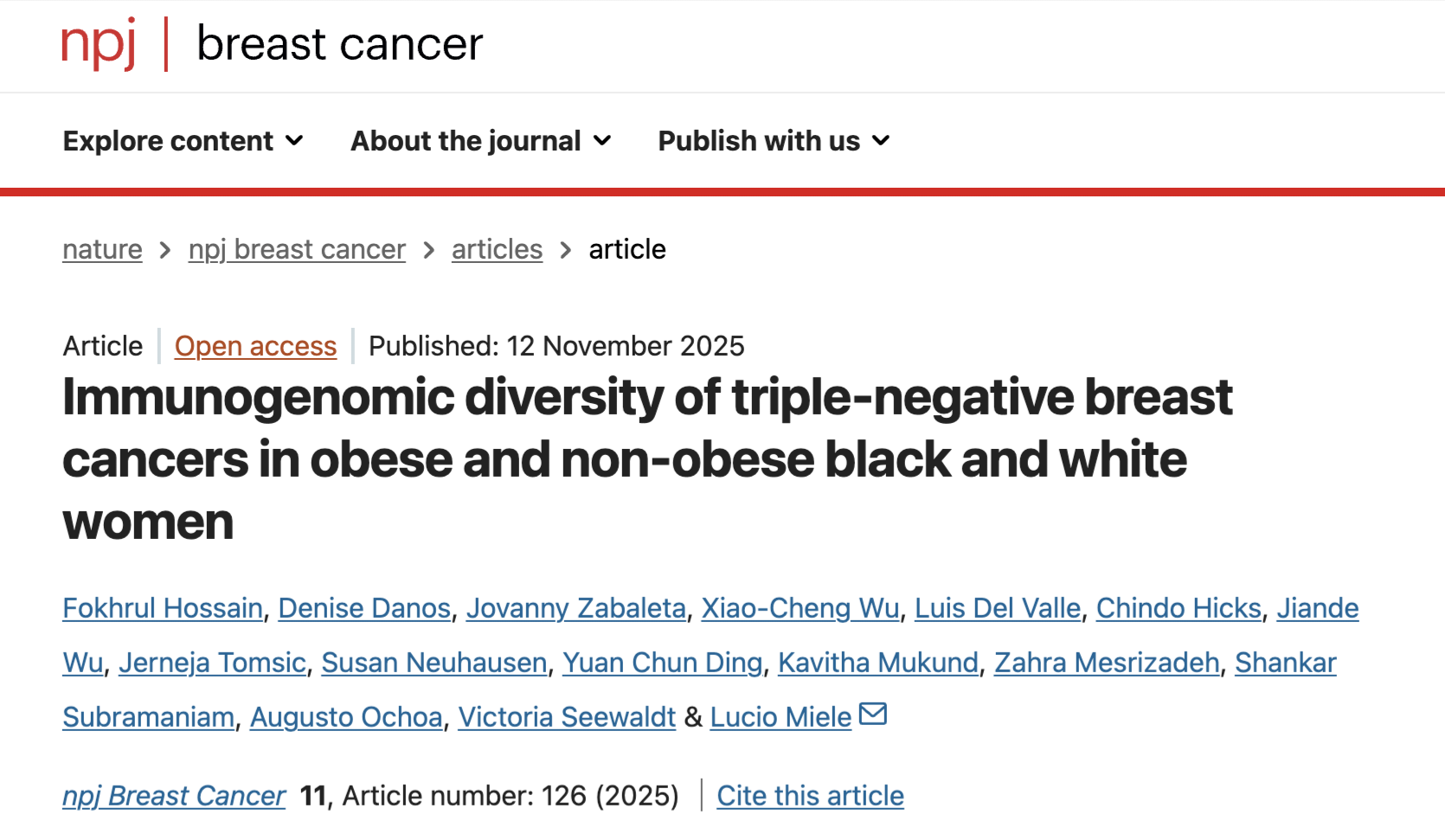
LCRC Researchers Join All of Us Researcher Workbench
The more cancer researchers know about a disease, the better able they are to customize therapies and preventive strategies specific to the patient.
Imagine if they knew how every body would respond?
That’s the goal of the National Institutes of Health's (NIH) All of Us Research Program, which seeks to broaden data beyond traditional medical and biological information and also include lifestyle and environmental factors for researchers’ use.
Cancer scientists and local research organizations gathered at the Louisiana Cancer Research Center (LCRC) to undergo a rigorous screening and education program to gain access to the dataset through the All of Us Researcher Workbench.

“We have data from surveys, electronic health records, whole genome sequences, and genotyping.We also have data from people who have wearables. We link to actual heart rate as well as physical activity measures, so you really start to understand more about health outcomes,” explains Sheri Schully, PhD., deputy chief medical and scientific officer for the All of Us Research Program. “It’s not just about genetics or lifestyle or even how much physical activity you get - it's a combination of these factors that are leading to various chronic diseases, including cancers.”
KiTani Lemieux, PhD, M.S., associate professor in the College of Pharmacy at Xavier University of Louisiana and Xavier’s principal investigator for All of Us describes the approach as a new model of medicine. “Medicine has moved beyond the single dimension of a patient's blood pressure, blood sugar, body weight, and body mass index.Instead, everybody's walking around with a device, the Fitbit. How is it informing your wellness? Where you live, work, play, and pray are factors to be considered,” she says.
Karriem Watson, D.H.Sc., M.S., M.P.H., All of Us Research Program chief engagement officer, says the beauty of the data is that it can be combined with the social determinants of health survey data. “Imagine a breast cancer researcher being able to look at BRCA mutations, being able to look atthe way one completes a social determinants of health survey and seeing how that person has had an experience with access to care in the medical system.That's where the data gets really rich. And then understanding any other mutations that they may have as well. And then looking at the EHR [electronic health records] to look at guideline concordant care screening behavior,” he says.
All of Us set a goal of recruiting one million or more participants who reflect the diversity of the United States and choose to share their health and lifestyle information to the confidential database. In return, participants can choose to receive information about their own genetic makeup and are offered the opportunity to speak to a genetic counselor if they so choose.
“We're trying to enroll those who have not been part of research before so that we can start to make precision medicine really just not one size fits all, but actually more applicable to more populations across the U.S.,” Schully said.
“The All of Us Workbench is already a significant resource for many Louisiana Cancer Research Center faculty and through this event we hope even more of our faculty will use it,” said Joe W. Ramos, PhD, Director/CEO of the Louisiana Cancer Research Center and Director, LSU LCMC Health Cancer Center. “We appreciate the time and effort that Drs. Watson and Schully took to personally visit and present to our researchers, who are eager and excited to access the vast amount of data that the Workbench provides.”
Click here if you are an individual interested in more information about enrolling in the All of Us Research Program. LCRC member institutions LSU Health New Orleans and Tulane School of Medicine can also enroll participants in the All of Us Research Program.




